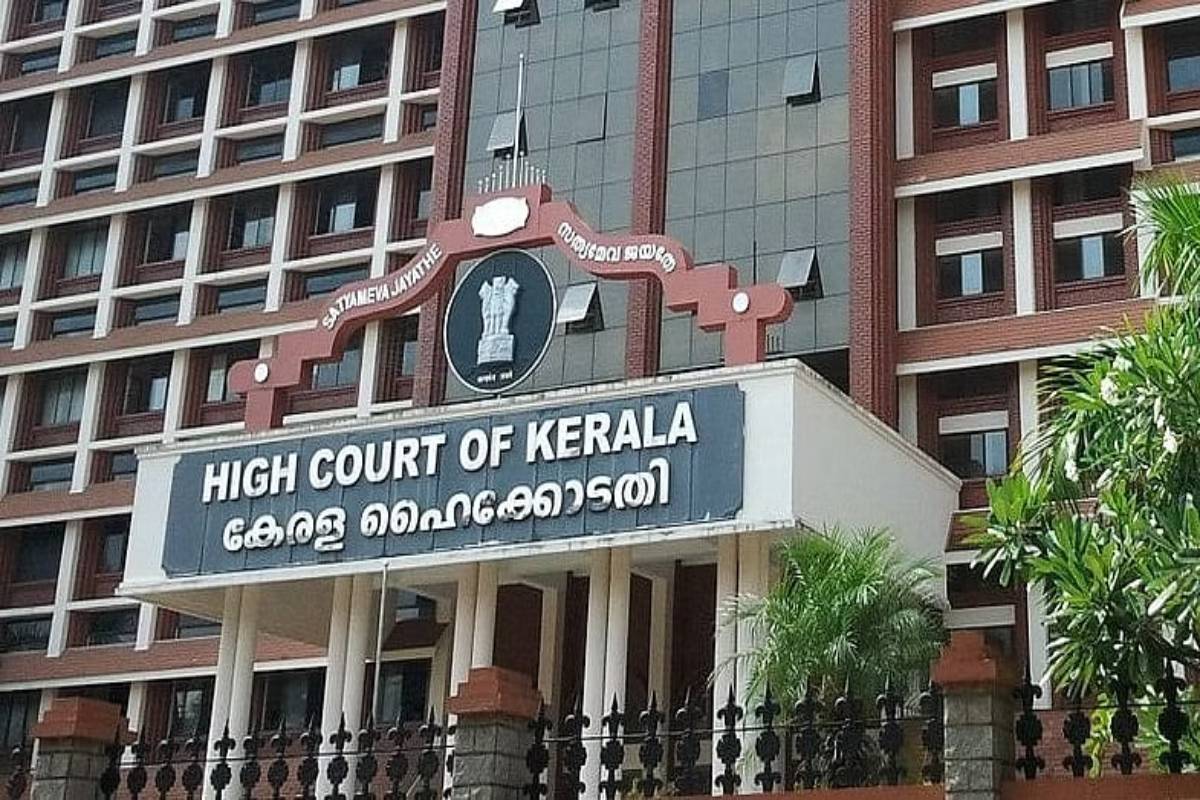The Kerala High Court on Tuesday asked the state government counsel to get instructions on the action taken by the police on a complaint by father of Hadiya, who is formerly known as Akhila alleging that his daughter is being illegally detained by her husband Shafin Jahan and certain persons associated with him,
A division bench of Justice Anu Sivaraman and Justice C Pratheep Kumar on Tuesday directed the counsel appearing for the state government to get details about the steps taken by the police after Asokan submitted a complaint to the Inspector General of Police.
Advertisement
KM Asokan, the father of Akhila, also known as Hadiya, whose conversion to Islam and marriage to a Muslim man had created a big furore across the country, has approached the Kerala High Court, seeking to bring his daughter before the court for legal scrutiny.
Asokan in his plea claimed that his attempts to reach Hadiya over phone have proved futile for the past one month and the Homeo Clinic she was running has closed down. He has, therefore, sought issuance of a writ of Habeas Corpus to produce Hadiya in court.
The plea stated that he and his wife used to speak to Hadiya over the phone and have also occasionally visited her. The plea further stated that Hadiya also informed her parents over the phone that she has no marital relationship with Shafin Jahan now and that she does not know his whereabouts.
The petitioner apprehends that his daughter was in the illegal custody of the respondents, who were members of a banned organization called Popular Front of India(PFI). Hadiya’s husband Shafin Jahan was also arraigned as the 6th respondent.
Asokan also claimed in his petition that the marriage between Hadiya and Jahan is only on paper and that there is no actual marital relationship between them.
“Whenever the petitioner called the detenu for the last one month, the detenu is not receiving any calls and on many occasions, the mobile phone was switched off. On 03/12/2023, the petitioner went to the clinic and found it was closed. The neighbours told the petitioner that they don’t have any idea about the same. Now the petitioner apprehends that she has been moved to the illegally custody of the place and control of the respondents 3 and 4. Now the detenu is in the illegal custody of the persons under collusion and connivance of the 4th and 6th respondent. So the detenu is to be released at the earliest,” the petition said.
Hadiya, earlier known as Akhila, is a 31-year-old woman from Kerala’s Kottayam, who converted to Islam and subsequently married a Muslim man, Shafin Jahan.
In 2016, Asokan moved the Kerala High Court with a similar habeas corpus petition alleging that Jahan had detained her illegally.
In a judgment dated 25 May, 2017, a Division Bench of the Kerala High Court, annulled her marriage terming it to be a “sham” and directed that Hadiya be placed in the protective custody of her Hindu parents or an institution so that she is prevented from being a further victim of “love jihad”.
The judgment is said to be the first prominent use of the term. The High Court also directed a detailed inquiry into the role of various organisations involved in the case.
However, Shafin Jahan filed an appeal before the Supreme Court against the High Court judgement which was criticised for trammelling upon the decisional autonomy of an adult woman.
In 2018, in a significant judgment, the Supreme Court set aside the judgment of the High Court. However, the Court held that the investigation by the National Investigation Agency (NIA) in the matter will continue.
The apex court stated that the High Court erred in reflecting upon social radicalization and other aspects. It opined that if there was any criminality in any sphere, it was for law enforcement agencies to do the needful.











